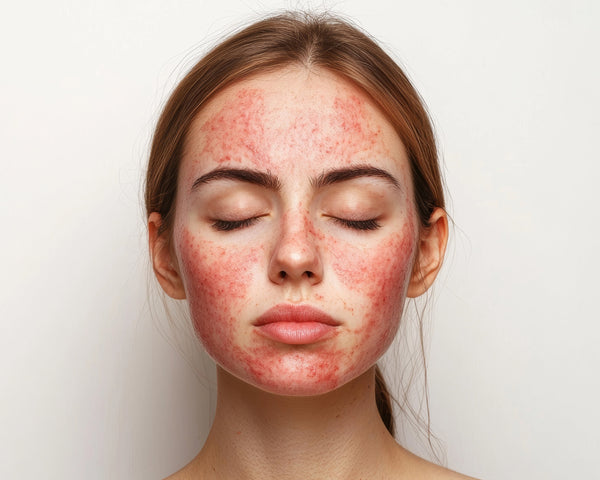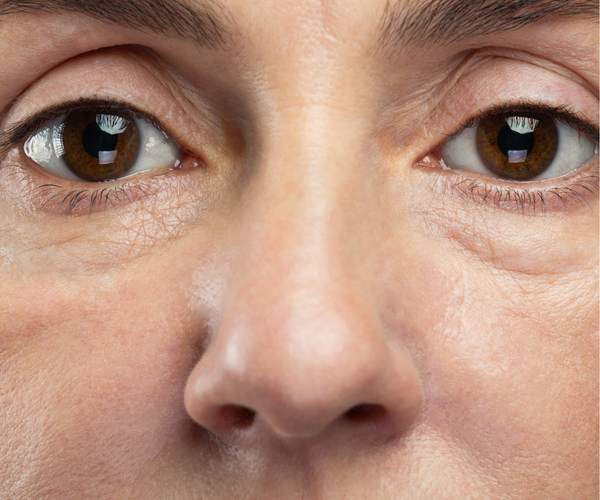Turmeric Face Mask: DIY Recipes for Glowing Skin

Unlocking the Power of Turmeric for Your Skincare Routine
In the quest for healthy skin, many turn to expensive skincare products. But what if the secret to achieving glowing skin lies in your kitchen? Turmeric, a spice renowned for its vibrant color and potent medicinal properties, offers a natural and effective solution for various skincare concerns. This comprehensive guide delves into the benefits of turmeric for your skin, provides easy-to-follow DIY turmeric face mask recipes, and helps you incorporate this ancient remedy into your daily skin care routine.
Why Turmeric for Your Face Mask?
Turmeric's magic lies in its active compound, curcumin. This powerful antioxidant boasts remarkable anti-inflammatory and antibacterial properties. For your skin, this translates to:
- Reduced inflammation: Turmeric helps calm irritated skin, reducing redness and blemishes.
- Fights acne: Its antibacterial properties combat acne-causing bacteria, promoting clear skin.
- Brightens complexion: Curcumin's ability to inhibit melanin production can help brighten your skin tone and give you a radiant glow.
- Slows aging: The antioxidant properties protect your skin from damage caused by free radicals, contributing to youthful skin.
However, it's crucial to remember that turmeric can stain. Always test a small patch of skin before applying a full face mask.
DIY Turmeric Face Mask Recipes for Different Skin Types
The beauty of a DIY turmeric face mask is its versatility. You can adapt the recipe to suit your specific skin type:
1. For Oily Skin: Turmeric & Honey Mask
This mask helps control oil production and unclog pores.
- 1 teaspoon turmeric powder
- 1 tablespoon honey
- ½ teaspoon lemon juice (optional, for extra brightening)
Mix ingredients thoroughly. Apply to clean skin, avoiding the eye area. Leave on for 15-20 minutes before rinsing with lukewarm water.
2. For Dry Skin: Turmeric & Yogurt Mask
This moisturizing mask soothes dry skin and improves hydration.
- 1 teaspoon turmeric powder
- 2 tablespoons plain yogurt
- 1 teaspoon olive oil
Mix ingredients and apply to clean, dry skin. Leave for 15 minutes and rinse.
3. For Sensitive Skin: Turmeric & Aloe Vera Mask
This calming mask is gentle on sensitive skin, reducing redness and inflammation.
- 1 teaspoon turmeric powder
- 2 tablespoons aloe vera gel
Mix ingredients and apply evenly. Leave on for 10-15 minutes before rinsing.
4. For Acne-Prone Skin: Turmeric & Multani Mitti Mask (Fuller's Earth)
This powerful combination helps to absorb excess oil, fight acne, and improve skin texture.
- 1 teaspoon turmeric powder
- 2 teaspoons Multani Mitti (Fuller's Earth)
- Rose water to form a paste
Mix the ingredients to form a smooth paste. Apply evenly and leave on until it dries completely. Rinse with lukewarm water.
Incorporating Turmeric into Your Skin Care Routine
While face masks offer a potent boost, incorporating turmeric into your regular skin care routine can maximize its benefits. You can add a pinch of turmeric to your regular cleanser or create a turmeric toner by mixing a small amount of turmeric powder with rose water.
Important Considerations
Always do a patch test before applying any new skincare product to your entire face. This helps prevent any unexpected reactions. Also, be mindful that turmeric can stain, so avoid wearing light-colored clothing while using it.
Achieve Your Glowing Skin Goals
With its natural ingredients and proven efficacy, a DIY turmeric face mask can be a valuable addition to your skincare journey. Whether you're aiming for clear skin, youthful skin, or glowing skin, this ancient remedy can help you achieve your skincare goals, naturally. Remember consistency is key when it comes to any skincare routine. So give these masks a try and discover the transformative power of turmeric for yourself!




